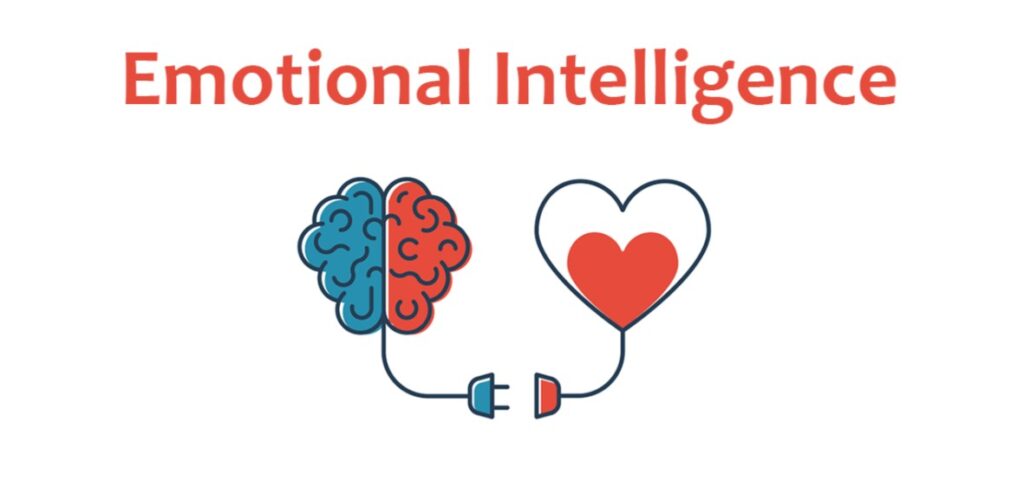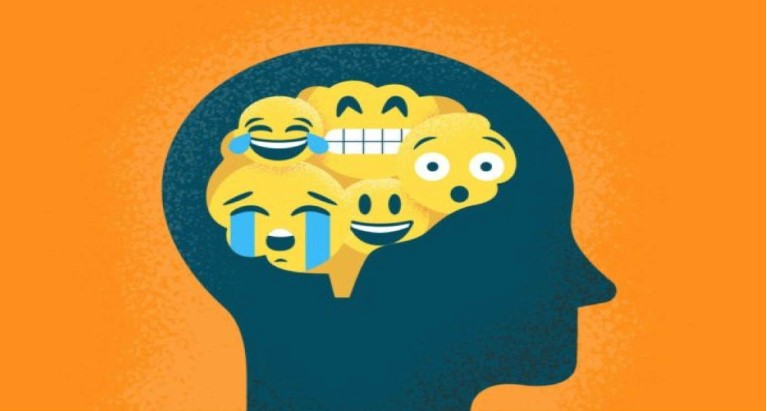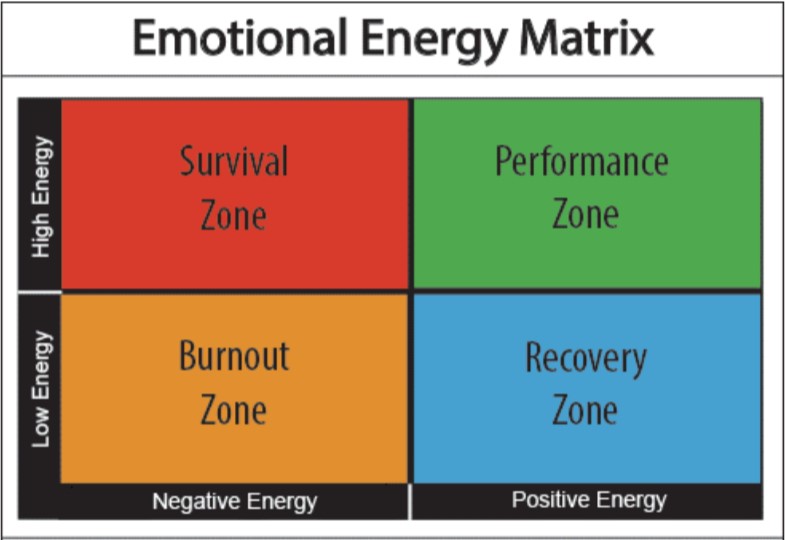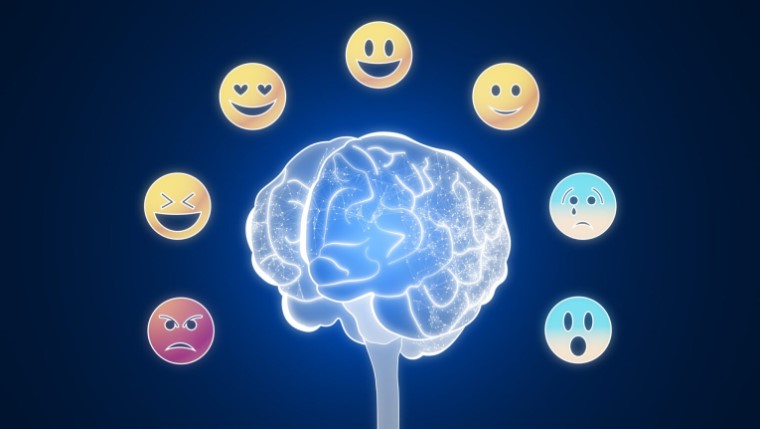Emotional Intelligence (EI) refers to the capacity to perceive, comprehend, and regulate emotions within oneself and others, and to utilize this insight to effectively manage interpersonal relationships. Individuals with high emotional intelligence possess the ability to cope with stress, cultivate meaningful connections with others, and adapt to life’s inevitable changes.
It is noteworthy that while standard measures of intelligence typically highlight cognitive abilities, emotional intelligence is a pivotal factor in shaping both our personal and professional lives. This form of intelligence requires attentiveness and discernment with regard to our emotional reactions, enclosing a wide spectrum that includes emotions linked to love, desire, anger, anxiety, and ambition.

Individuals displaying emotional intelligence place considerable value on self-reflection and demonstrate mindfulness in not solely relying on initial impulses or emotional responses. They understand the intricate and sometimes deceptive nature of emotions, acknowledging that they may not always accurately convey underlying truths. For instance, they recognize that feelings of anger may conceal deeper emotions of sadness, and that love can occasionally be obscured by feelings of hatred. Acknowledging these complexities, emotionally intelligent individuals strive to authentically navigate their emotions, recognizing that our emotional states can significantly influence our desires and aspirations.
Why Emotional Intelligence Development is Important

The development of emotional intelligence is crucial for various reasons. Emotional intelligence involves the ability to understand, use, and manage our own emotions as well as the emotions of others. Research indicates that leaders with high emotional intelligence are more effective at forming connections and leading their teams, resulting in a more engaged and high-performing workforce.
Emotional intelligence is not an innate quality; rather, it is developed through education, particularly in understanding our own emotions, recognizing their origins, and learning to navigate our fears and desires—skills that would be valuable to learn from a young age in order to minimize mistakes. Emotional education is vital for our species to advance not only technologically but also emotionally. This education should extend beyond formal schooling and be present at every stage of life. While it should ideally include specialized courses in every year of school and college, emotional education is more than something that should only take place in classrooms at the hands of teachers and should not come to an end at the age of twenty-one.
The primary way to cultivate emotional intelligence is through cultural influence. Without proper emotional education, progress as a species will be stunted, and we may become greater technical threats to ourselves. One study of education students at a university revealed that self-emotion evaluation and understanding of emotion were significantly linked to their academic performance on assessments. Overall, teaching students emotional intelligence skills has benefits such as improved academic performance, strong social skills, better stress management, regular school attendance, and fewer behavioural issues.
How to Develop Emotional Intelligence
There are 3 key aspects to understanding and developing emotional intelligence (EI).
1. Identify your own emotions
Understanding and recognizing your own emotions is an ongoing process that involves delving deeper into your own thoughts and feelings. However, accurately expressing what you’re feeling at a certain moment can be quite complex. Self-awareness and self-management are crucial facets of this endeavour.
Attachment theory and psychology propose that your emotional experiences are frequently shaped by your early life experiences and the nature of the bond you formed with your primary caregiver. Managing fundamental emotions such as anger, sadness, fear, and joy is greatly influenced by this early attachment. Therefore, being mindful of your emotions in the present moment is essential to comprehend how they impact your thoughts and behaviour.
You can think of emotions in terms of energy. All emotions carry energy, with some having high energy levels (e.g., anger, excitement) and others having low energy levels (e.g., calmness, sadness). These energy states can be either high-intensity or low-intensity. You can assess your emotions based on these two dimensions: intensity (high or low) and positivity or negativity.
After taking stock of your physiological state and emotions, you can take steps to shift yourself into a more productive emotional state, which is likely to be on the positive side. This approach helps create distance from the source of the emotion, allowing you to understand what triggered the emotion and mentally shift into a more positive state. It’s important to remember that there are no “good” or “bad” emotions, only positive or negative reactions to your emotions.

2. Seeking to Understand
When it comes to emotional intelligence, a crucial aspect beyond our self-awareness is our ability to identify and respond to the emotional states of others. Since we can’t read minds, how can we achieve this? Firstly, it’s essential to pay close attention not only to the words people use, but also to their body language, tone of voice, and any nonverbal cues they display. These nonverbal signals offer valuable insights into the emotions they are experiencing and how those emotions may be shifting moment by moment.
Secondly, it’s about engaging with others by asking thoughtful questions and showing genuine curiosity rather than simply accepting things at face value. Inquire about the factors that influenced their decision-making or the thought process behind their ideas. By doing so, we can better understand their perspective, connect with them on a deeper level, and offer meaningful support to those who may need it.
3) Focus on Relationship
In order to improve your interpersonal skills, it’s important to be more aware of your own emotions and those of others. This means paying close attention to non-verbal signals and understanding the reasons behind people’s actions. Once you have this awareness, the next step is to focus on the quality of your interactions in both social and professional situations. By doing so, you can greatly improve the effectiveness and enjoyment of your relationships.
Becoming more aware of non-verbal communication, like facial expressions, can help you approach conflicts as opportunities for personal growth. Emotionally distancing yourself from these situations and recognizing that any conflict offers a chance for personal development is crucial.
Research has shown strong evidence supporting the positive impacts of prioritizing relationships in helping students deal with stress, form meaningful connections, and navigate life transitions.
Activities to Improve Emotional Intelligence Skills

Remember these five social-emotional learning activities to help your students develop healthy emotional intelligence skills:
1. Monster Match Game
This game helps students recognize different emotions by matching colourful monster pictures and is an engaging way to introduce emotional intelligence concepts.
2. Five-Minute Mindfulness Meditation
This age-appropriate meditation exercise is designed to teach elementary students how to clear their minds and focus on the present, promoting a sense of calm and self-awareness.
3. My Coloured Hat
The facilitator, teacher, or therapist makes or purchases coloured hats in 4-6 different colours, with one for each participant. They assign a different emotion to each hat and inform everyone which emotion corresponds to each colour. Each participant then selects the coloured hat that best represents their current mood and wears it as everyone gathers in a circle.
5 Calm-Down Kit
This activity demonstrates how to create a kit of calming items and exercises to help students when they feel overwhelmed, providing effective coping strategies.

